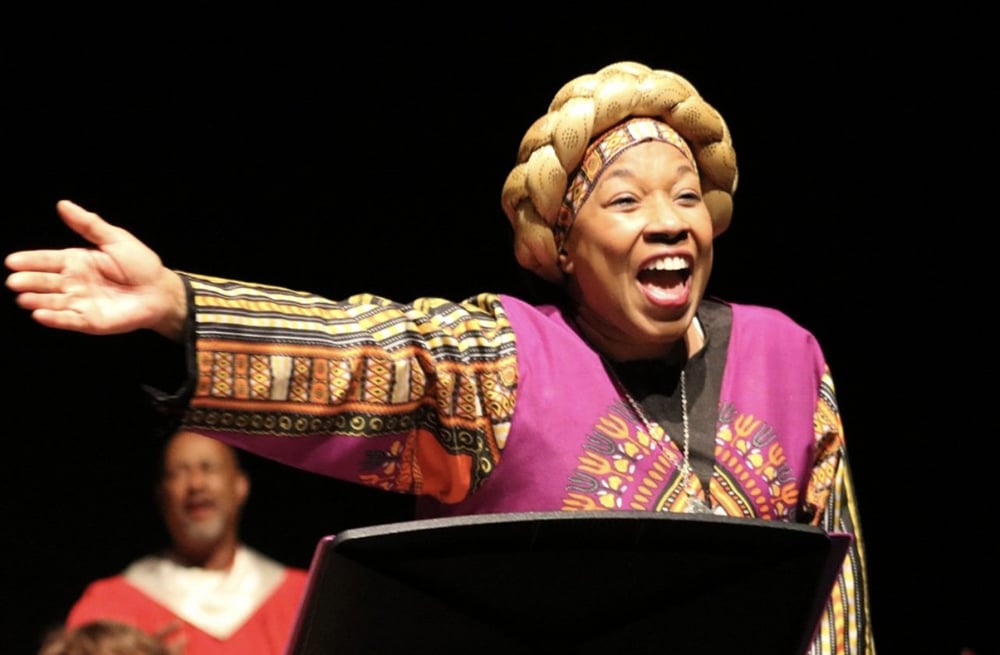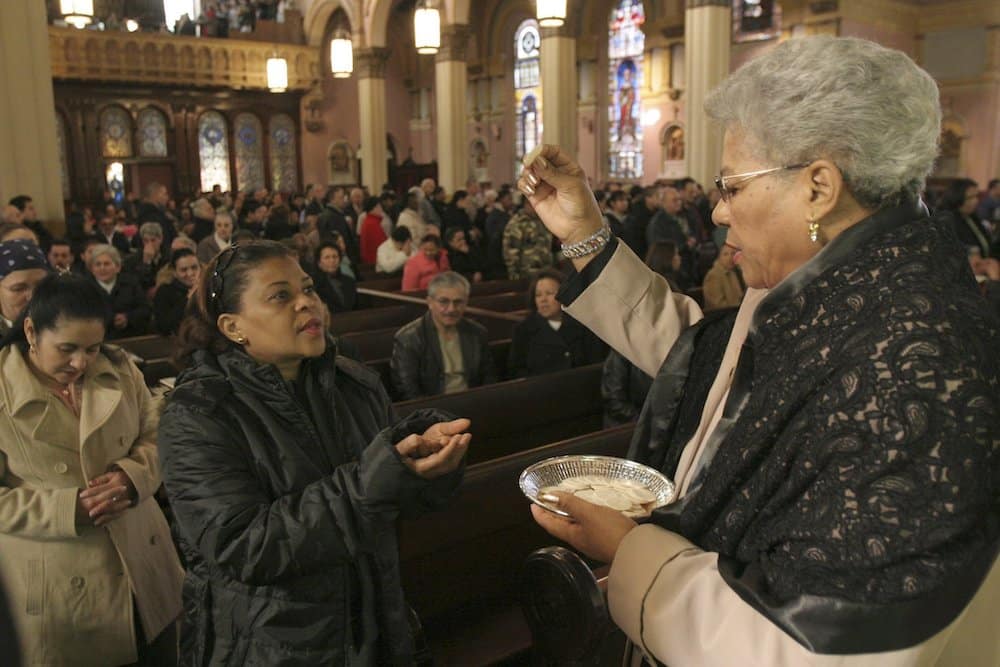This week, Congress has begun deliberation on the Protection of Women and Girls in Sports Act. Under the terms of this bill, only people designated female at birth may participate in federally funded women’s sports programs. If the doctor said “It’s a boy” on the day you were born, you can’t compete with girls.
This is commonsensical — or, at least, it would be in a saner world. But some may struggle to understand why the issue merits serious attention. Abortion and euthanasia are life-or-death issues. Threats to free speech, or freedom of religion, may undermine our ability to speak the truth or honor God appropriately. Women’s sports, by comparison, may seem like a fairly trivial concern. Does it really matter so much who claims a particular trophy or hangs a ribbon on the wall?
Sending the wrong message
We needn’t see women’s sports as the most important thing in the world to appreciate why they matter. They do matter. Beyond the basic principles of fairness, we should protect women’s sports to show that we value the thriving and well-being of women. Single-sex sports help both sexes learn to respect their bodies and care for them properly, and they underscore the intrinsic goodness of both male and female bodies.
To understand the importance of women’s sports, we must start with a very important truth. A woman is not just a slower, weaker man. Men and women have different kinds of bodies, both made in God’s image and according to his providential design. Fundamentally, we can distinguish them by their reproductive function: A man’s body is oriented toward fathering children and a woman’s toward bearing them. That difference in function, however, has many repercussions that affect the entire body. Women in general are a bit slower and weaker than men. But the female body was also built to run, jump, swim and throw. It is healthy and fitting for girls to do this, just as it is for boys. Women’s sports programs are good because they develop and celebrate the potentialities of the female body, and they also enable women and girls to enjoy the benefits of athletic competition. When biological males are permitted to win, that undercuts the purpose of the sport, just as a men’s race would be somewhat pointless if a horse were permitted to win.
When biological males are permitted to “transition” and win the top prizes in women’s sports, this sends a clear message to girls: It’s wrong to think of their bodies as merely different from those of boys; they are inferior. This message is doubly and triply reinforced as a growing number of biological males transition into women’s sports. How do we expect girls to feel about their bodies when we are continually reminding them how easy it is for a boy to switch genders and snatch away their hard-won prizes? When men’s and women’s sports are kept separate, this sends the message that the varied potentialities of the male and female bodies are both good and worthy of celebration. Now, instead, we are teaching girls to see female biology as fundamentally deficient: slow, weak, fit for competition only insofar as males condescend to allow it.
Bishop Robert Barron of Winona-Rochester, Minnesota, and Bishop Thomas Daly of Spokane, Washington, in their roles as chairmen of the U.S. Conference of Catholic Bishops’ Committee on Laity, Marriage, Family Life and Youth, and Catholic Education, respectively, recently expressed this well in an open letter written in support of the Protection of Women and Girls in Sports Act. “Equal treatment between women and men,” they wrote, “has particular relevance in athletics, where male competition in activities designated for women and girls can be both unfair and, especially in high-contact sports, unsafe. In general, males possess distinct physical advantages in a number of sports, and this is already playing out in athletic events worldwide.”
The value of sports
If the present trend continues, it might lead to a decline of women’s sports over time. Athletic competition is only fun when we trust that everyone is committed to some level of fair play. If cheating is tolerated, or some competitors are given an unfair advantage, it is demoralizing to all participants, and the sport becomes unappealing. When girls see that they won’t get a fair chance to play and win, they might start losing interest, which would be unfortunate indeed. In a sedentary society such as ours, we need sports for leisure purposes but also to encourage people to stay fit. Research indicates that teenagers who play sports tend to be fitter and more confident. They have healthier diets and are less likely to abuse alcohol or drugs. We should want young women to see sports as a fun, exciting way to develop their talents and grow into their best selves.
For young women in particular, healthy life habits can be especially important as preparation for maternity and married life. Obesity, high blood pressure and diabetes are among the factors undermining reproductive health in this country. At the same time, girls often suffer from poor body image, believing that they must be unnaturally thin in order to be beautiful. We can combat both trends by encouraging girls to value fitness — not coveting the body of a supermodel but instead exulting in the things that their own bodies can do. The stamina and physical discipline this builds may pay wonderful dividends a bit later in life. In my own adolescence, I was not particularly athletic, and I was somewhat shocked by the intensity of the physical demands of my childbearing years. A decade or more of pregnancy, baby-rocking, stroller-pushing and the like will take their toll, and girls will be better prepared if they embrace healthy habits from a young age. Sports offer one of the best possible venues for encouraging that.
My family enjoys watching and playing many sports, but I especially enjoy watching the Olympics with my five sons. It’s especially enjoyable to watch both men and women compete. There are so many lessons. Quite often, it is evident that the men are a bit faster or stronger. They go a little higher in their elaborate snowboard jumps, and they lift heavier barbells. But the women are amazing, too, and display their own kind of grace and beauty. Both are worth celebrating, and it is inspiring to see male and female athletes marching into the arena side by side, representing their countries and celebrating their God-given gifts.
This is the world I want my children to see. It is worth protecting, and it’s heartening to see our bishops standing up for women and girls in this way.
Rachel Lu is a freelance writer and associate editor at Law & Liberty. She lives in St. Paul, Minnesota.







